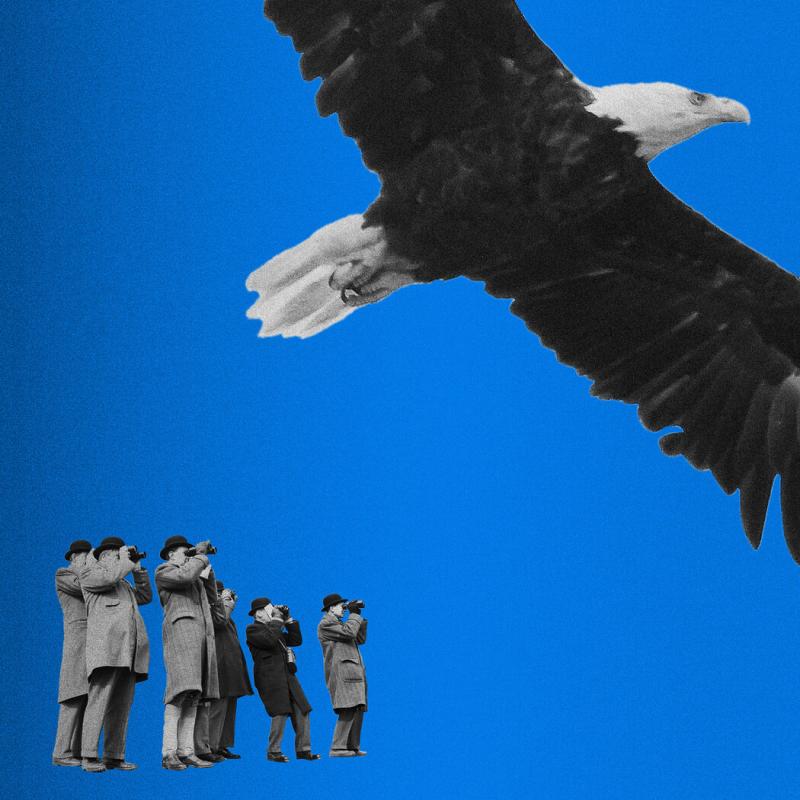
During the presidential election of the United States, as Europeans, there is a funny place, that is, we believe that we should also participate in voting.Can this blame us?Many Europeans correctly believe that the owner of the oval office is essential to the well -being and security of the European continent.
Therefore, even if Europe is out of war, the Kremlin has repeatedly issued a nuclear threat, and European media pay more attention to the progress of the US campaign than before, which is not surprising.Considering the risks of the Ukrainian war, the risk of larger wars in the Middle East, and China's challenge to the United States, the United States has never needed the United States since the end of the Cold War.Moreover, the United States still has a unique and valuable asset, which is what its increasing competitors and opponents do not have: that is reliable allies and partners in Europe.
I have led the International Security Forum Munich Safety Conference for more than 14 years.Over the years, the meeting has accumulated a long list of cross -Atlantic affairs.The core is the three strategic challenges that the United States and Europe need to face, no matter who won in the November US election.How we cope with these challenges will decide whether to continue to keep the close partnership we are familiar with in the past 75 years, or disintegrate.
First of all, we have to talk about China.The European Union defines China as partners, competitors, and systemic rivals, while the United States' conclusions are different. The two parties rarely reach consensus. China is not only the main competitors in the United States, but also the United States in global politics and military forces.The main long -term opponents in influence.On how to cope with China in the best way, the differences between the two sides of the Atlantic Ocean have emerged, and it seems that it will be intensified.
In response to the Russian issue, Europe and the United States have been carefully designed and coordinated mechanisms in the past 70 years: NATO.In terms of Chinese issues, there are no similar mechanisms.When the United States decided to refuse to export some semiconductor chips to China, why did not ask for European opinions?From the perspective of Europe, the increasingly popular point of view in Washington is that the United States should concentrate their efforts to deal with China and leave the Ukrainian issue to Europeans. This view is completely dangerous.Many Europeans believe that China is likely to interpret the United States' reduction in Ukraine's support as weakness.(Do you remember Afghanistan?)
Establishing an institution with complete personnel and responsible for coordinating China and the Asia -Pacific region should be an important matter on our joint agenda.Expanding the Seventh -Dragon Group and including Australia, South Korea, and other potential areas, this may be a choice, but it may not be enough.
Next, we need to discuss the issue of paying for national defense in adults.NATO's biggest long -term troubles have almost disappeared: Europeans no longer refuse to bear the reasonable share of common defense.The defense budgets of various countries are growing; in 2014, members of the alliance promised to use 2%of GDP for national defense expenditure, and most members realized this commitment.So what is the problem?In short, we spend very low efficiency in European defense budgets in Europe, because we cannot produce weapons, how to produce weapons, and even what weapons to purchase.As of 2016, the United States used about 30 major military systems from aircraft to frigates, while European allies used about 180 systems.
To make you worse, more than two -thirds of European military procurement in Europe was carried out in the United States, which made European companies lack urgent need for investment.This is good news for the US defense industry, but in the long run, this is unsustainable for European politics.Senators in Washington are happy to see many employment opportunities in the state of defense production in the state.European politicians are also happy to see such an opportunity to appear in their own country.
If the United States really wants Europe to bear more responsibility for the security of the European continent, it should encourage European partners to develop and purchase more weapons in Europe and conduct in a multi -party way.If we are unified, sharing and sharing more resources between the European Union and the European NATO partners, we can save about 15 billion euros or more funds each year, and use it for more and better systems, as well as more ammunition ammunition.Essence
Of course, this is not a new controversy.(During the recent popular period, many developing countries believe that their promises will be given to them as long as there are vaccines. But in fact, everyone in Brussels or Miami has vaccinated the vaccine, and many developing countries can get it can get it.Wars of vaccine.Western countries hope that the world supports us to condemn Russia's resolutions in Ukraine, but we find it difficult to respond to the Gaza War.
Therefore, our collective reputation has been hit.This is a blow to our identity, but we also weaken our collective ability, making us unable to fight against increasingly rising autocracy and disclosure of international law and increasing contempt.Is there a simple way to eliminate this reputation gap?No, but in the way we deal with international conflicts and crises, collectively and solemnly promise to obey the rule of law and the United Nations Charter, which may be the first step.
All these challenges are complicated and are not easy to solve.Europe should not hold any fantasies, and cannot expect any of the two US presidential candidates to create miracles.Nevertheless, many Europeans still hope that He Jinli can continue Biden's approach after serving as the president. It can be more willing to listen to Europe's concerns about Russia and China and cross -Gate.It is not conducive to persistent harmony.His doubts expressed in NATO during his presidential period and after steps, and still linger in the minds of many European leaders.Nevertheless, in terms of economy, trade, investment and technology, discussions with the White House led by He Jinli may be as difficult as the discussion of the second Trump administration.
No matter who wins in November, the new President of the United States and European leaders should remind themselves that they should pay attention to the true benefit brought by this vital relationship -and let the dialogue continue.



